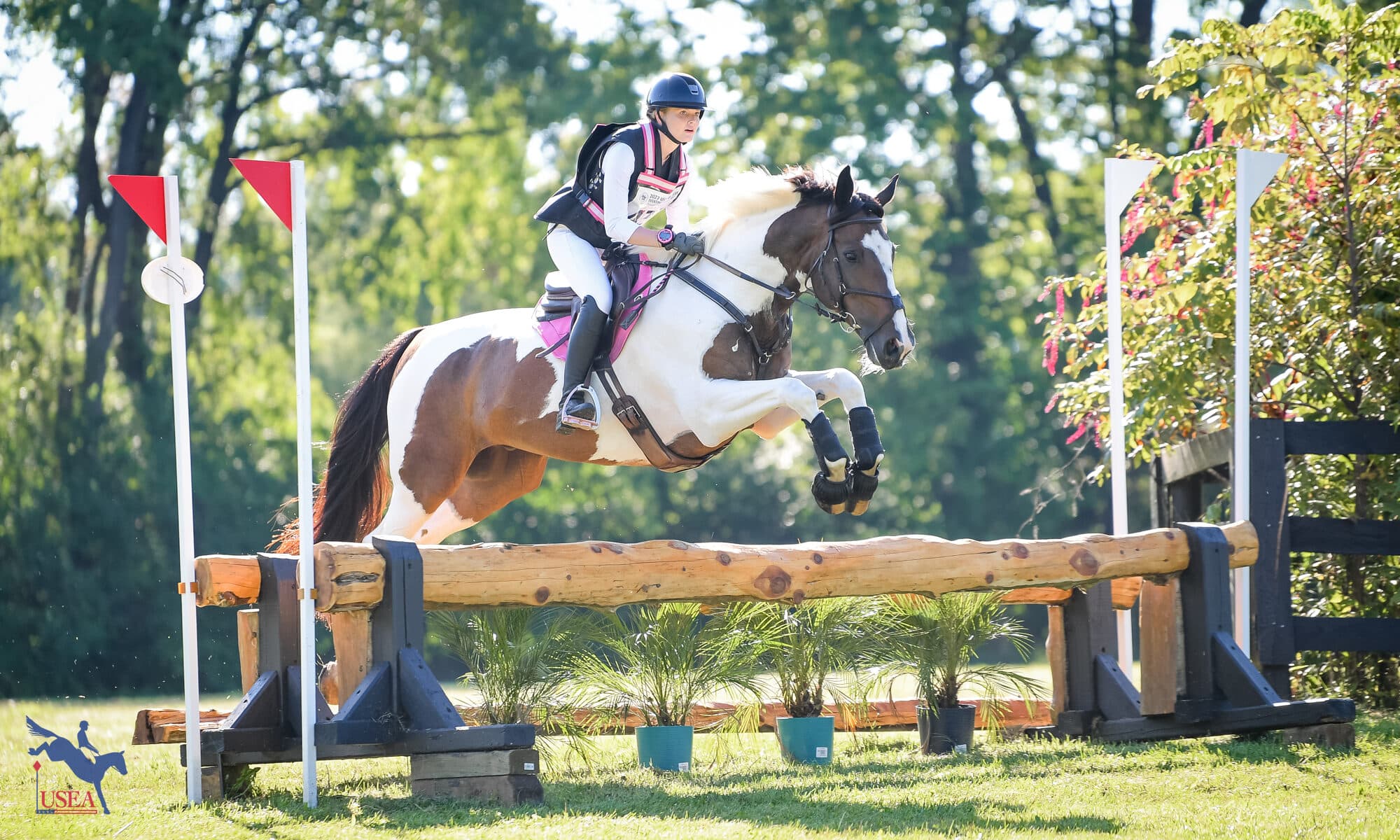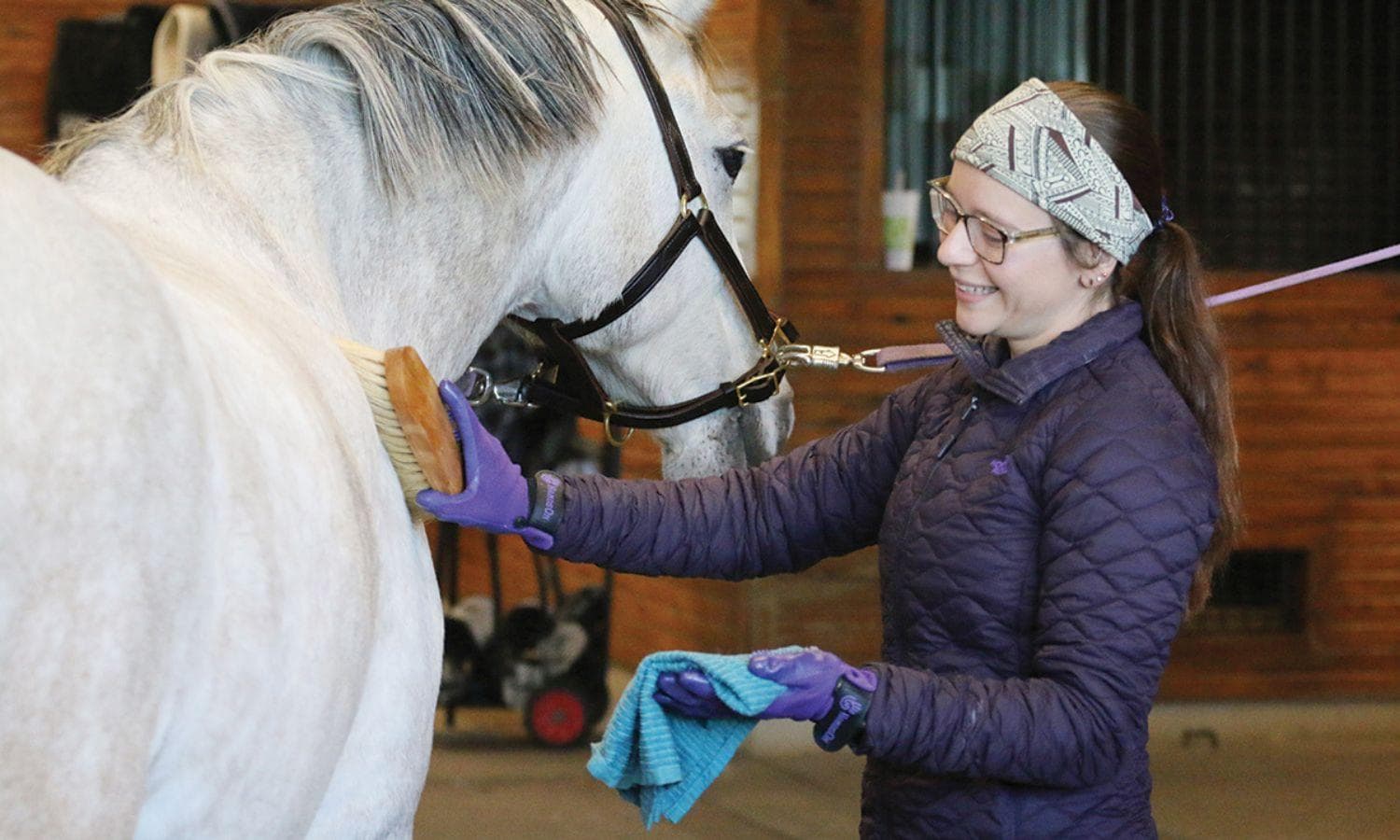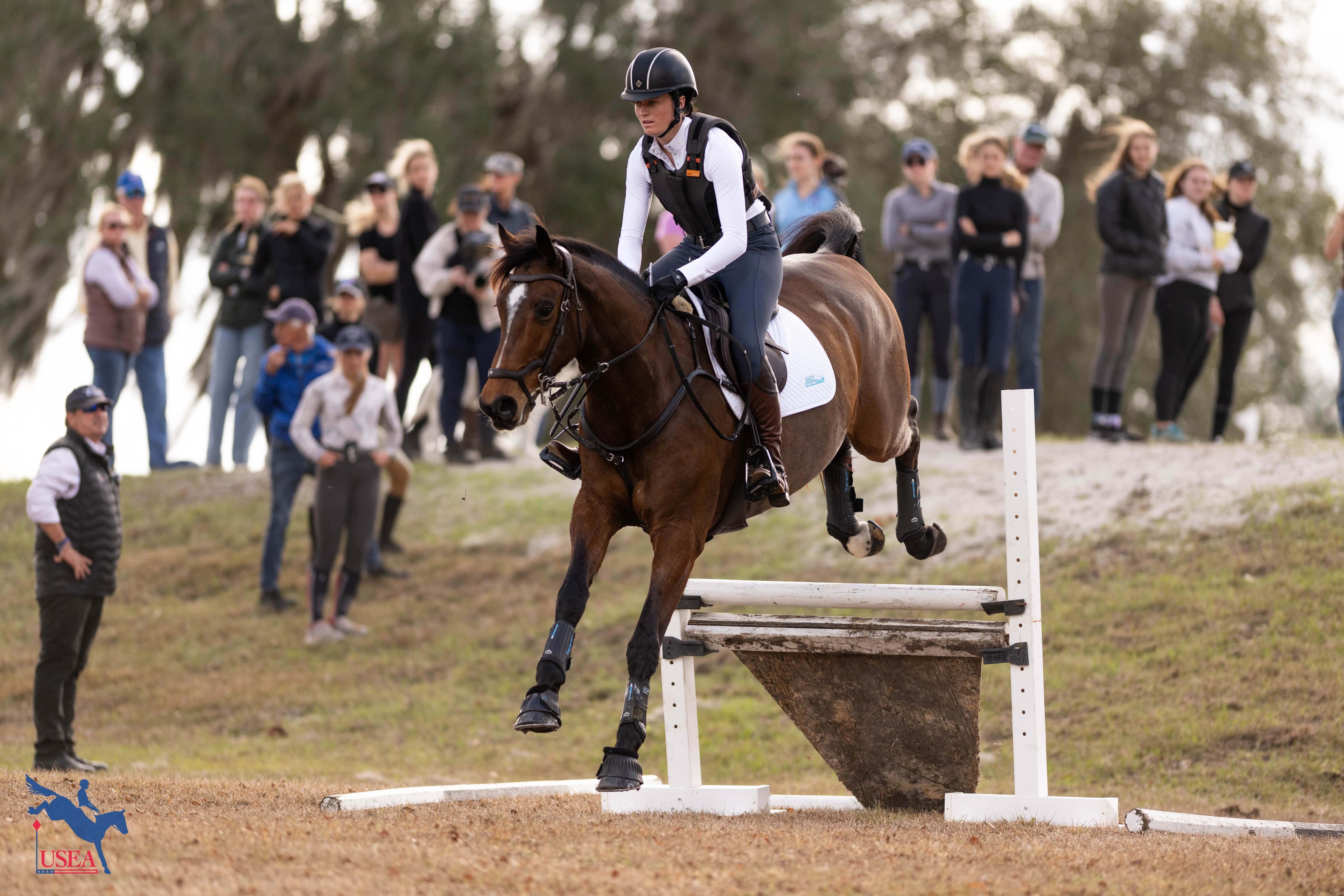Pressure Proof with Daniel Stewart: Broke But Not Broken

When something breaks you throw it away. After all, it’s broken. It’s no longer perfect. From cups to cars we seem to let the value of things drop to zero as soon as they get a bit busted. But there’s a 400-year-old Japanese tradition called Kintsugi that might provide us with another alternative.
Kintsugi is the art of putting broken pieces of pottery back together by filling their cracks with gold. Instead of hiding the imperfections, they embrace, accentuate and celebrate them as part of the object’s history. By repairing the broken pieces they create brilliant scars that make the object more unique and valuable and give the object greater beauty and strength than before.
So why are we taking about this ancient Japanese tradition? Well I believe this philosophy can also be used to help us get through whatever stress, struggles, or setbacks we might be going through. Instead of feeling embarrassed and trying to hide our broken pieces (everything from our mistakes and mess-ups to our fears and failures), maybe we should consider accepting them, and in doing so allowing them to become the gold bonds that will ultimately make us stronger and more valuable.
We’re all a bit damaged in some way. We all struggle from time to time. We all get a bit overwhelmed or feel underprepared periodically, but if we can summon the courage and confidence to accept our imperfections we will become stronger and more valuable than before. We just need to remember that our riding potential is built upon our experiences (both good and bad) and that both contribute equally to helping us achieve our potential.
Struggles and setbacks will always be part of our story but, if we feel bad about every bad experience, we end up spending way too much time feeling bad! Instead, remind yourself that your broken experiences, much like the cracks in the pottery, don’t diminish your worth or potential, but enrich your character and strength. Rather than viewing these experiences as weaknesses, recognize them as the bonds that will help you grow stronger in the future.
Kintsugi can also teach us about the value of patience and perseverance. Mending pottery is a meticulous and time-consuming process. Let’s learn to accept that our growth and success will also take time, effort and dedication. Growth is, in fact, a very time consuming process, but the habit of continually striving to improve, especially in the face of adversity, is what will eventually help us to build the best versions of ourselves.
In Kintsugi, the cracks aren’t hidden. They’re bonded with gold to highlight their significance. This month, why not consider highlighting your struggles and setbacks so you can use them as the bonds to help you create greater strength? Why not accept your broken pieces as a history of experiences that’ll help you become more knowledgable and valuable? Remember, each and every setback is a chance to rebuild with newfound understand and determination, and always remember…
Of course you’re cracked. How else will all your brightness come out!
I hope you enjoyed this month’s rather weird Pressure Proof tip and are looking forward to more in the future. I’m launching new self-paced online equestrian mental coaching course Sept 30th and hope you’ll join me. It consists of 30 short videos, downloadable recaps and short quizzes to test your understanding. You can read more about it at https://daniel-stewart-s-school.teachable.com/p/home














